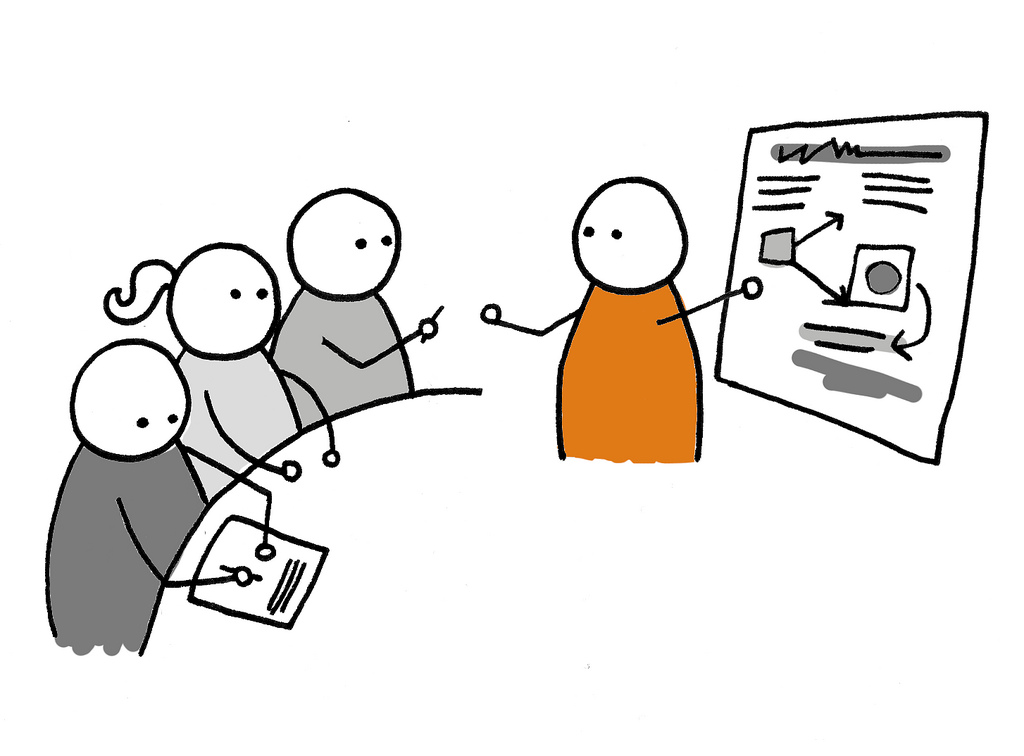A couple of years ago I started to work with International Organization for Migration (IOM) as a consultant and trainer. My main task was to work with people from the Donbas territory, including internally displaced persons (IDPs), and I learned several things which I use in my projects today.
First of all, being knowledgeable does not mean you are a good trainer. You must feel your group and choose a way of communicating that they are ready to accept. People are different. And that’s normal.
Secondly, be flexible. Yes, I know that you were preparing your training agenda several days – or maybe weeks – before, but people don’t care about that. They’re waiting on you to give them new information and new skills. That’s why they come on Saturday or Sunday to listen to you. So change your agenda depending on the mood of your participants, but don’t lose the “storyline” of your training.
And thirdly, train yourself. Upgrade yourself, because you teach others and Must be ready to answer questions. People feel falseness and they don’t trust you if your uncertain in your knowledge.
Training of trainers is one of different tools you can use to upgrade yourself and your skills. It helps us to learn from each other and to see our failurs and mistakes. Only strong people can look into eyes of their failures, and if you are the trainer, you are strong! I know it!
From some project management aspects to improving training agenda; from understanding and facilitating individual and group learning processes to successfully cooperation in teams; from new activities to new methods of communications with participants; these are all things you can get from trainings for trainer. Time doesn’t stand still, and these trainings are a chance to further develop our competences as trainers.
If you don’t want to upgrade yourself, it’s your choice. But remember that in the world there are more than five thousand trainers and they are very good, and they are in-demand.

